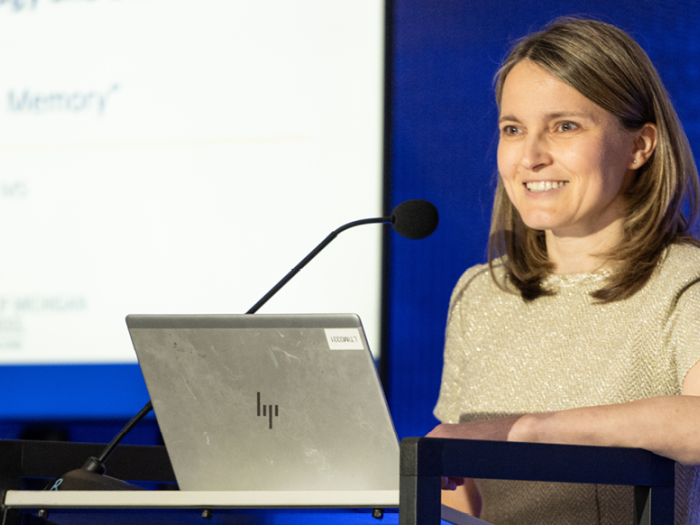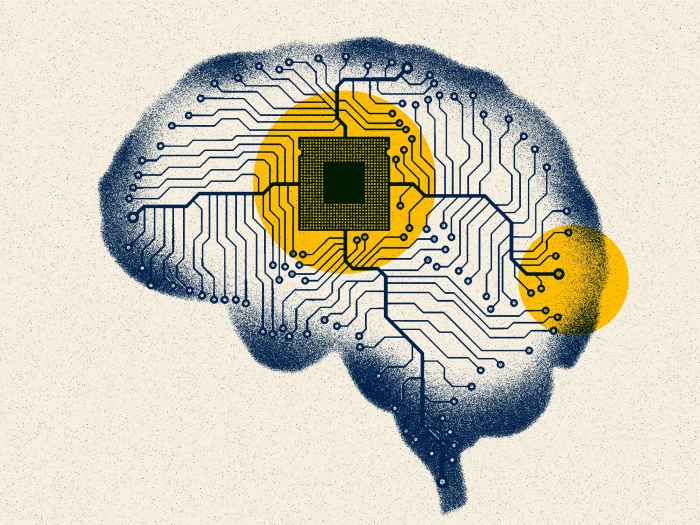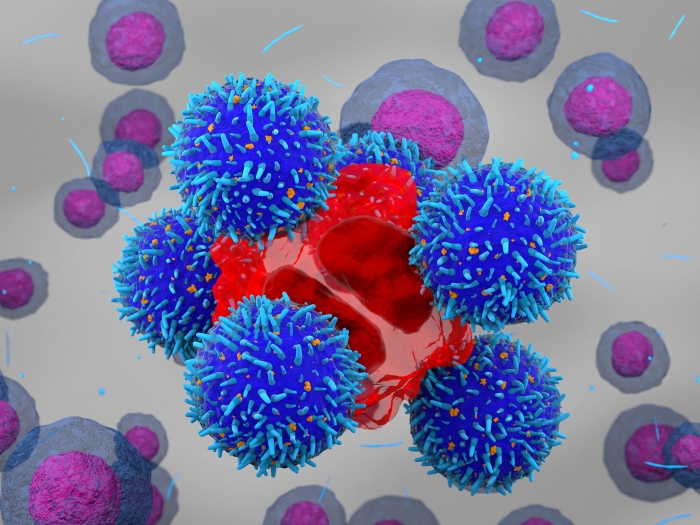
Dissertation defense: Monday, April 24, 10:00 am, East Conference Rm., Rackham Bldg. Congratulations Sam!
Dissertation title: Decoding regulatory variants with computational methods in non-coding regions of the human genome
Research abstract
This dissertation addresses the challenge of characterizing regulatory variants in the human genome, which is crucial for understanding the functional consequences of genetic variations associated with human diseases and complex traits. The development of computational tools and methods, such as peak calling software, a regulatory variants database, a machine learning model to annotate and prioritize regulatory variants in an organ-specific manner, and a pipeline to automatically train and interpret sequence-based deep learning models, can aid in the discovery and characterization of regulatory elements and variants in the non-coding regions of the human genome.
What motivates you about this topic?
The ability to pinpoint the causal variants for human diseases and thus develop treatments motivate me the most.
How did you come up with this topic?
Dr. Boyle and I came up with the idea.
What drew you to U-M computational medicine and bioinformatics in the first place?
This is when I envisioned that I could learn computer science and statistics and apply them to biology.
What was your most exciting moment during your Ph.D. training?
The most exciting moments were when we, as a team, discovered something new. For example, when we were developing machine learning models for prioritizing regulatory variants, we found out many existing models, including that our previous version, were biased toward cell lines with high data availability through extensive data mining. We solved this issue by developing a suite of models that account for that bias.
What are your career plans and how did your training prepare you for these?
I will be working as a senior scientist of machine learning and genomics at Merck, focusing on prioritizing variants in the human genome. This research may lead to the development of medicine or therapies. My work will be a continuation of my graduate study, and my training on machine learning and genomics prepared me well for this position at Merck.





